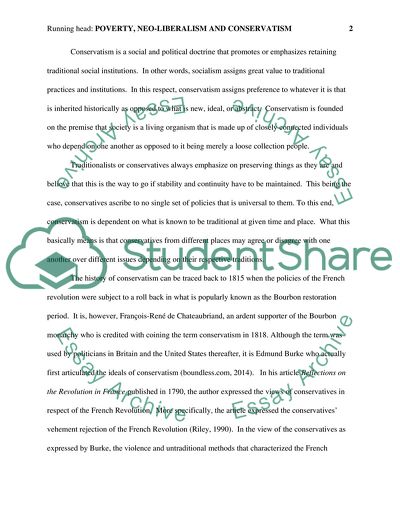Cite this document
(Poverty Analyzed through Neo-Liberalism and Conservatism Ideologies Research Paper, n.d.)
Poverty Analyzed through Neo-Liberalism and Conservatism Ideologies Research Paper. Retrieved from https://studentshare.org/sociology/1815062-social-issues-project-please-give-your-own-topic-for-this-paper
Poverty Analyzed through Neo-Liberalism and Conservatism Ideologies Research Paper. Retrieved from https://studentshare.org/sociology/1815062-social-issues-project-please-give-your-own-topic-for-this-paper
(Poverty Analyzed through Neo-Liberalism and Conservatism Ideologies Research Paper)
Poverty Analyzed through Neo-Liberalism and Conservatism Ideologies Research Paper. https://studentshare.org/sociology/1815062-social-issues-project-please-give-your-own-topic-for-this-paper.
Poverty Analyzed through Neo-Liberalism and Conservatism Ideologies Research Paper. https://studentshare.org/sociology/1815062-social-issues-project-please-give-your-own-topic-for-this-paper.
“Poverty Analyzed through Neo-Liberalism and Conservatism Ideologies Research Paper”, n.d. https://studentshare.org/sociology/1815062-social-issues-project-please-give-your-own-topic-for-this-paper.


